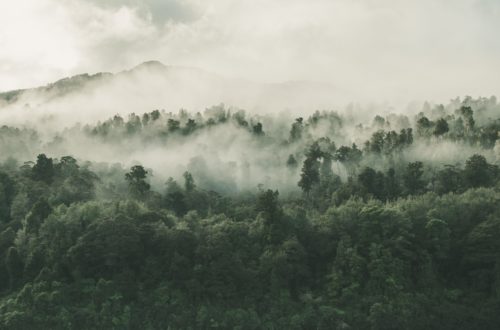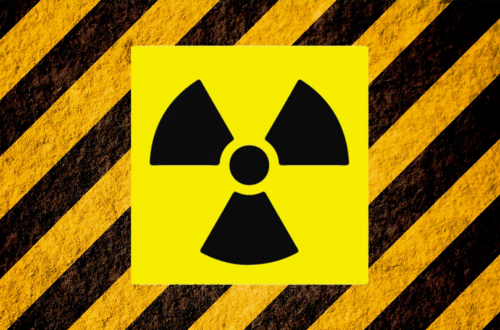I loved reading the Laura Ingalls Wilder books when I was young. I think that what appealed to me so much was that the Ingalls family worked together to be self-sufficient and take care of each other. I also admired their know-how: it seemed that they could handle whatever obstacles they encountered on their homesteads.
What is Homesteading?
I found this contemporary definition at LovelyGreens.com
- Homesteading is having the desire to remove yourself from consumerism, to buy less and have more.
- Homesteading is learning the ways of old and making things by hand and from scratch.
- Homesteading is respecting the land and everything on it.
- Homesteading is striving to live a sustainable lifestyle and support the local economy.
- Homesteading is sharing your skills with others and passing down your knowledge.
That all sounds good to me. There is value in sharing skills and building community interdependence and knowing that you can help others and they can help you.
Many people these days are pursuing the Homesteading lifestyle again. They are doing so partly in response to a hectic, fast-paced life, and partly out of concern for the environment and the natural systems that support life. In addition, people have taken on sustainable life skills and practices out of concern for the fluctuating economic state, and the rising number of emergencies and disasters in our country; it is more comforting to know how to take care of oneself. Through homesteading activities, people strengthen their relationships with family and neighbors. With all the extra activities, homesteading can boost your health. You can save on expenses (on food, water, and energy bills), and when faced with emergencies or hard times, you will be better prepared.
Modern homesteading reminds me of Voluntary Simplicity which is about simplifying one’s daily life to have less impact on Nature’s systems. Things like hanging your laundry to dry, learning how to can food, bake bread, cook your beans from scratch, make yogurt, make your cleaning products all use fewer resources including money. Homesteading, particularly urban homesteading, involves skills and practices that provide an abundance and freedom that cannot be found elsewhere. When you know even just a little about how to take care of yourself, it lightens your worries and increases your confidence.
“Urban Homesteading” can be done wherever you live in a city. For those who live in single-family homes, growing some food is a pretty simple option; in Portland, a few chickens are allowed, too. I don’t have much-growing space on my standard city lot because of five large evergreens that block the sunlight in the backyard. The “plot” I have is a small area on the south side, about 30 feet long by 4 feet wide. I tend to stick with the same foods: cucumbers, tomatoes, one or two summer squashes, basil, sugar snap peas, marionberries, green beans, and herbs: thyme, oregano, rosemary, tarragon, borage, lavender, and cilantro. I do hope to try more kinds of vegetables now that I have retired. I figure that whatever I can grow at home saves me money that I can then spend at the farmers market on produce that I don’t grow such as artichokes, lettuces, other fruits and berries, and larger quantities of basil to use for pesto.
Apartment dwellers can have pots of herbs and tomatoes on the balcony. And lots of multifamily properties have spaces with lawns that could become gardens if the landlord would be willing to make that happen. In fact, a good friend is a landlord who lives in the four-plex she and her husband own. Wherever they have lived, she always has grown lots of food because she likes being in touch with the Earth and because she likes the feeling of independence and self-reliance.
When Kit and Rick moved to the four-plex, one of her tenants, Michele, was growing some food on the property already, enough vegetables and herbs for her own needs for the year. Kit has been adding more raised beds to the double lot, offering each tenant the option of having a garden to grow their food. She even pays for the water.
Along with the vegetable beds, she has added fruit trees with the fruit being available to all. One of the best things to come from her project is connecting to her tenants and the neighborhood; people walking by will often stop to ask about what is growing, opening up conversations and connections and inspiration for them to attempt growing some food.
I think that once one has the experience of planting a seed, that tiny repository of life force, and seeing it become a plant that feeds one’s soul as well as one’s body, there is no going back. I know that I am hooked on growing food.
I’ll close with these words about Urban Homesteading from Amy Dingmann at A Farmish Kind of Life:
“Urban homesteading means you have limited space to work with, but it also means you learn to use it in amazingly creative ways. Sometimes when you have more space (ahem—rural homesteaders), you are less creative about what you could do with it.
So, what do I really think about urban homesteading? I think it’s pretty darn amazing. I think the same thing of rural homesteading, and every kind of homesteading in between.
I think homesteading, in general, is miraculous and that our job as homesteaders is to support and encourage each other regardless of whether we’re surrounded by corn…or pavement.”
Betty Shelley, and her husband, Jon, have filled only one 35-gallon can of garbage per year since 2006. In her three-session class, “Less is More: Getting to One Can of Garbage a Year”, Betty Shelley teaches her techniques for reducing waste.
For more info: www.reduceyourwasteproject.com







One Comment
Alana Epstein
Hello! I meant to post this comment here and accidentally replied to a different article.
I appreciate the spirit of your recent pieces on Urban Homesteading, but it was glaringly apparent to me that there was no mention of the fact that black and brown people were not allowed to live in Oregon until recently, or any mention of the genocide of indigenous folks who lived here before white settlers showed up. Would you be willing to address these topics in your future issues? If people on staff need more education about the black history of Portland and the racism steeped in our local political system, the organization Know Your City has great informative resources. Thank you.